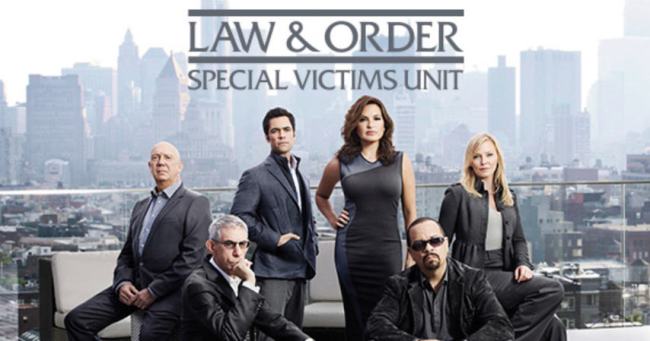media
Sexual Violence as Entertainment – Moving Beyond the Shock Factor
I don’t watch much TV but I have got to admit, I love watching Law and Order SVU. Law and Order Special Victims Unit follows the New York Police Dept. Sex Crimes Unit. The show just finished its Fifteenth Season. Overall I have been impressed by the way the show has brought awareness to the complexities of trauma and highlighted the way victims deserve to be treated by the police. I have a lot of respect for Mariska Hargitay who plays the main character Detective Olivia Benson. Mariska started her own foundation to help survivors.
Despite my love for watching Law and Order SVU, I have noticed a gradual change in the nature of the crimes portrayed and it got me thinking. As the seasons move on, the focus on sexual abuse or assault has evolved into explicit story lines filled with extremely violent sexual crimes and horrific sexual exploitation. While I value the awareness created by covering such stories, I wonder if there is something more going on. Has the violence and cruelty of the stories increased because we are becoming desensitized to the horrors of sexual violence in itself and need a more gruesome story to entertain/shock us?
Have you ever wondered if the same thing is happening to us as we learn more and more about sexual violence? I remember when there was a large market for books written about people’s stories of childhood sexual abuse and people were horrified by these stories. Does sexual abuse still shock us? Is sex trafficking the new sexual abuse? I hope they are both seen as horrific but I know that the more stories I hear the less shocked I become and the risk of wrongly trivializing less extreme experiences becomes greater.
When we hear about the cruelties going on in the world, we are shocked and rightly so! But when we depend on shock to rally a response we do a disservice to our cause. To depend on the shock factor when addressing sexual violence is playing into society’s insatiable appetite for bigger and better or in this context younger, more violent, and more horrific. To do so puts the victims of sexual violence in a competition to decide who is more deserving of compassion and help. If you have experienced sexual violence no matter how old you were, how often it happened, if it was in a war zone, in your community or in a brothel, it was wrong, horrific and worthy of outrage. Friends, don’t let your response to sexual violence become as fleeting as the emotion of shock. A victim’s experience is horrific no matter how “tame” or “extreme” their story may seem. Their stories are not entertainment; it’s their reality. This reality can be changed but not through emotions, instead through unconditional community commitment. What are your thoughts? Feel free to comment below!
This entry was posted in General and tagged advocacy, assault, childhood sexual abuse, entertainment, gender issues, law and order svu, mariska hargitay, media, new york, rape, sex crimes, sex trafficking, sexual violence, shock factor, social action, social justice, women.

